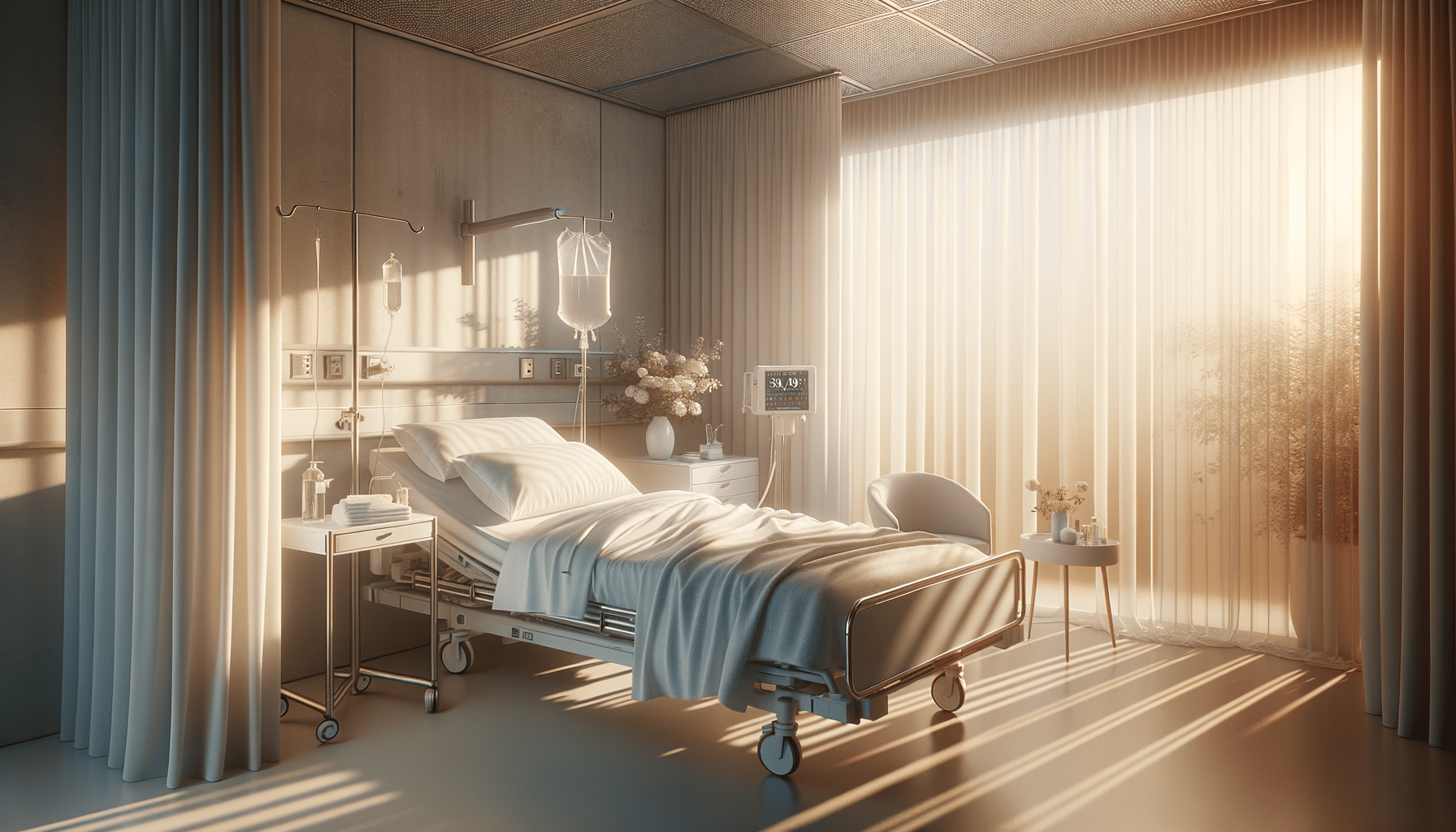
Understanding the Value of 24/7 Nurse Care
Introduction to 24/7 Nurse Care
In today’s fast-paced world, healthcare needs are becoming increasingly complex, making the demand for continuous and comprehensive care more critical than ever before. 24/7 nurse care has emerged as a pivotal service in the healthcare industry, offering round-the-clock medical assistance to individuals who require constant monitoring and support. This type of care is particularly vital for patients with chronic illnesses, post-surgery recovery, or those who are elderly and need ongoing medical attention. By ensuring that qualified nursing professionals are available at all times, 24/7 nurse care significantly enhances patient safety, reduces hospital readmissions, and improves overall health outcomes.
The Role of 24/7 Nurse Care in Patient Safety
One of the most significant benefits of 24/7 nurse care is its impact on patient safety. Continuous monitoring by skilled nurses helps in early detection of potential health issues, preventing complications before they become severe. For instance, patients recovering from surgery can experience unexpected complications that require immediate attention. With 24/7 nurse care, any signs of distress can be addressed promptly, reducing the risk of adverse outcomes. Furthermore, the constant presence of healthcare professionals ensures that medications are administered correctly and on time, which is crucial for patients with complex medication regimens.
The availability of 24/7 nurse care also provides peace of mind to families, knowing that their loved ones are receiving professional attention at all times. This assurance is particularly valuable for families who may not have the medical knowledge or capacity to provide the necessary care themselves. In essence, 24/7 nurse care acts as a safety net, offering a layer of protection that is indispensable in maintaining patient well-being.
Enhancing Healthcare Outcomes with Continuous Care
Continuous care is instrumental in improving healthcare outcomes for patients. The presence of nurses around the clock means that patient care is not interrupted, which is crucial for maintaining consistent treatment plans and monitoring progress. Regular assessments and timely interventions help in managing chronic conditions effectively, reducing the need for emergency room visits and hospital readmissions.
Moreover, 24/7 nurse care facilitates better communication between patients, families, and healthcare providers. Nurses act as intermediaries, ensuring that all parties are informed and involved in the care process. This collaborative approach leads to more personalized care plans that are tailored to the individual needs of each patient, thereby enhancing the overall quality of care.
Additionally, the data collected through continuous monitoring can be invaluable for healthcare providers in making informed decisions about treatment adjustments. This proactive approach to care is key to achieving optimal health outcomes for patients.
Challenges and Considerations in Implementing 24/7 Nurse Care
While the benefits of 24/7 nurse care are evident, implementing such a service comes with its own set of challenges. One of the primary considerations is the cost associated with hiring and retaining skilled nursing staff for round-the-clock care. Healthcare facilities need to ensure that they have a sufficient number of qualified nurses to cover all shifts without compromising on the quality of care.
Another challenge is maintaining consistent communication among the nursing staff. With multiple nurses caring for a single patient over different shifts, there is a risk of miscommunication or fragmented care. To mitigate this, healthcare facilities must establish robust communication protocols and use technology solutions, such as electronic health records, to ensure seamless information sharing among the care team.
Despite these challenges, the value of 24/7 nurse care in providing high-quality, continuous care cannot be overstated. By addressing these challenges, healthcare providers can ensure that they deliver effective and sustainable 24/7 nurse care services.
Conclusion: The Future of 24/7 Nurse Care
As healthcare continues to evolve, the demand for 24/7 nurse care is expected to grow. This service is not only essential for enhancing patient safety and healthcare outcomes but also for meeting the increasing needs of an aging population and individuals with chronic conditions. The future of 24/7 nurse care will likely see advancements in technology that further support continuous monitoring and communication, making it an even more integral part of the healthcare landscape.
For families and patients, 24/7 nurse care offers reassurance and peace of mind, knowing that professional care is always available. As healthcare providers work towards overcoming the challenges associated with implementing such services, the benefits of 24/7 nurse care will continue to positively impact the lives of countless individuals.


